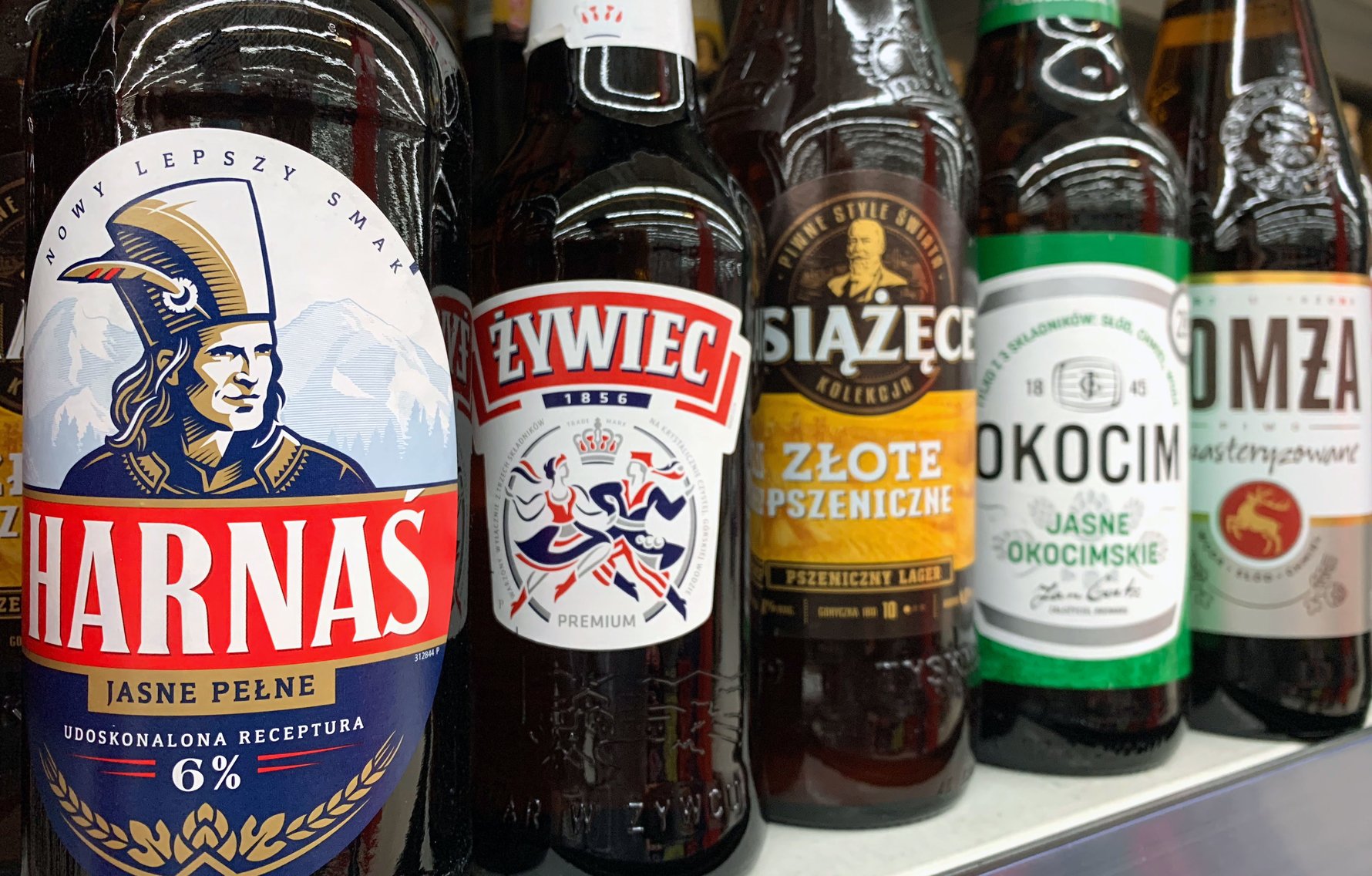

History
The Slavic people of central Europe have been producing beer since ancient times, notably by fermenting honey, which creates mead. Even around the time Mieszko I christened the Polish state, observers at the time noted the locals' fondness for what was described as ‘Slavic wine’. This continued to be viewed as a drink for very special occasions, while beer (as we know it) became more of an everyday thirst-quencher. It's unclear exactly when this form of brewing was introduced to Poland, but it is, without a doubt, an introduction from the Germanic west. The oldest brewery site in Poland is the Lwówek Brewery in Lower Silesia, first recorded in 1209 and located about 50km from both the German and Czech borders.About 100km east of here in the city of Wroclaw, which experienced an influx of Germans from the mid-13th century onwards and thus experienced a boom in beer production. Mentions of cultivation, drying and use of hops for making beer appeared as long ago as in 1255, in a document by Prince Henry III of Wrocław. In the accounts of the City Council of Wroclaw from 1332 records of barley beer stored in town hall cellars has been identified. Wrocław geographic proximity between Southern Germany and Czech lands has also attributed to the diversity in brewing traditions, as both wheat beer (a Bavarian tradition) and Pilsner beer (a Czech tradition) have made their mark here over the centuries.
Beer was so lucrative that even the local government and the church had set up breweries on their own premises. This actually sparked a sort-of turf war in 1380, where both sides vied for control of the market, and ultimately people were killed in violent brawls. Keep an eye out for a video on this topic in the near future! By the way, Piwnica Świdnicka, which was once the brewery site of the Town Hall, is also the second-oldest restaurant in Europe! Read our article on the Vretslav Beer War.
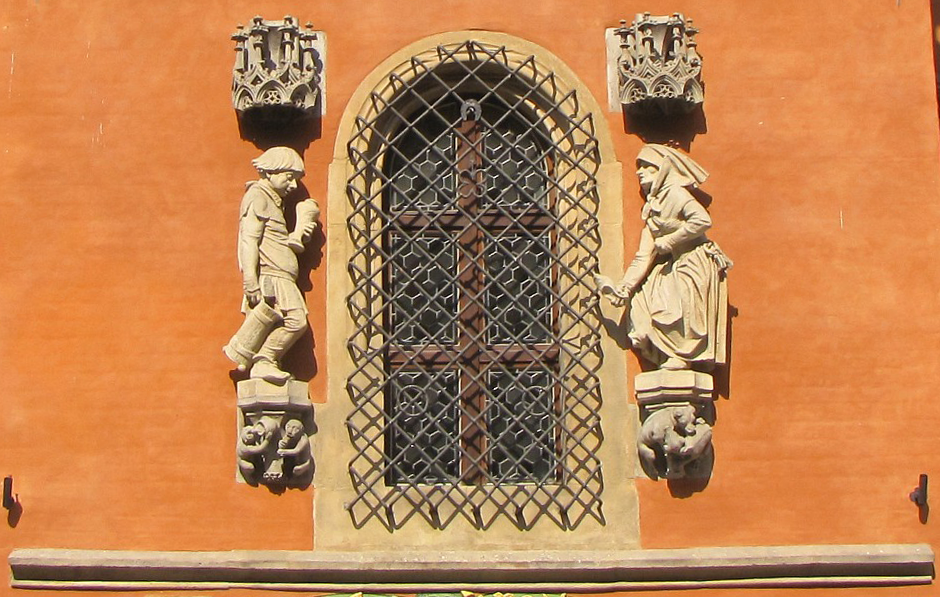
In the old capital of Kraków, the taste for beer was slower to catch on. However, by the 14th century, there were an estimated 25 breweries located in the city. The south of Poland, often experiencing harsher winters compared to elsewhere, was probably the first region in the kingdom to popularise grzane piwo (ENG: hot beer) and it has since become a nation-wide indulgence during Christmas time!
15th-century Warsaw, no more than a medium-sized town at the time, had its own share of brewing activity. The Warka brewery, founded in 1478, still claims to have been reserved by Masovian prince Bolesław V to make beer exclusively for his own court.
Meanwhile, up north, another German-majority city, Gdańsk was enjoying a favourable position as a centrally-positioned port on the Baltic sea. As far back as the early part of the 16th-century, there is estimated to have been over 400 breweries in the city. The most popular of these was the Jopen brand, produced by none other than Johannes Hevelius - astronomer and one-time mayor of Gdańsk. While his contributions to astronomy are what he's best known for today, it was brewing that paid his bills and helped fund his home observatory. Jopengasse Strasse (now ul. Piwna, or 'Beer Street') was named in memory of this once-dominant label.

|
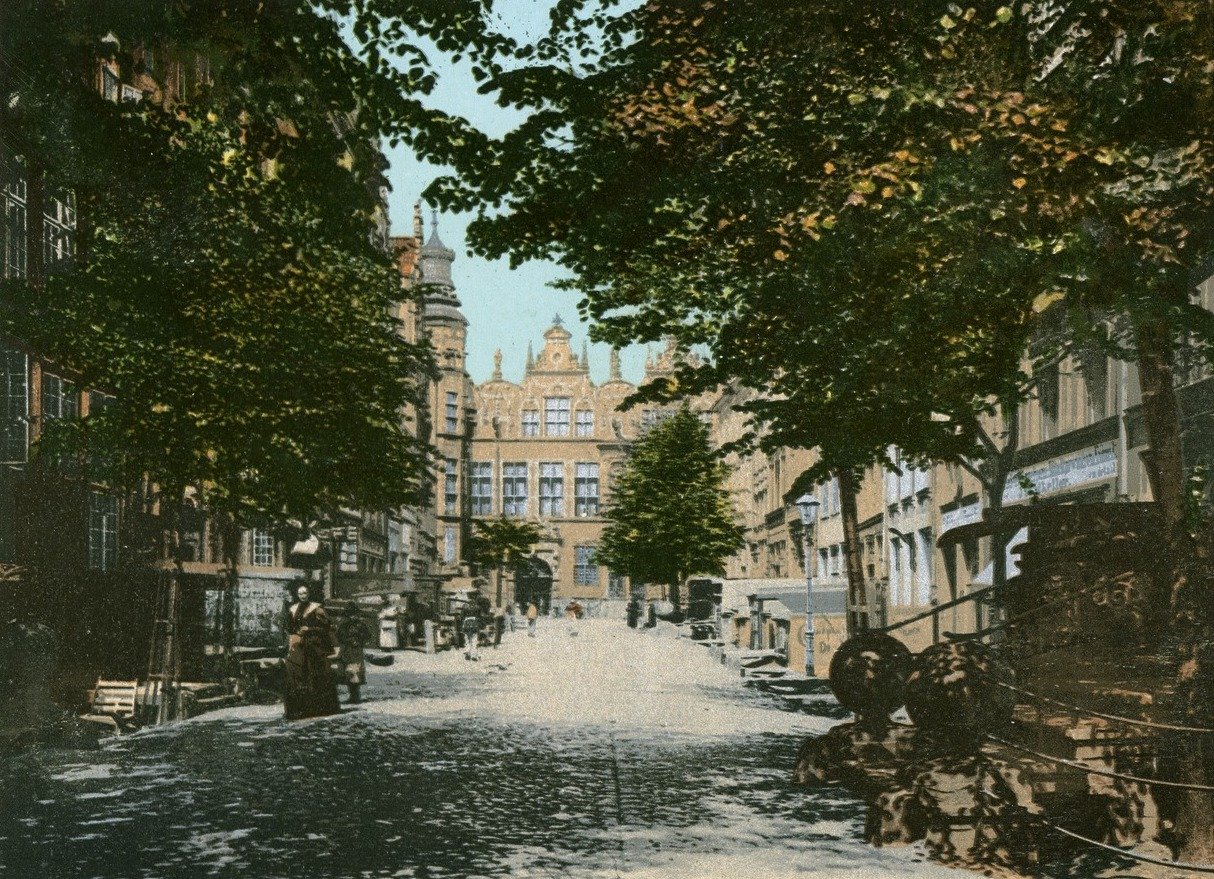
|
The Partitioning of Poland between 1772 and 1795 saw the Austrian Empire occupy the southern part of Poland until 1918. It was the Habsburg Imperial Family that founded a brewery in the town of Żywiec in 1856. The Tyskie brewery, founded in Silesian Tychy in 1629 by the German House of Promnitz, was eventually taken on by the German House of Pless in 1861. These brands are still two of the most popular beers produced in Poland. Silesia's local brewing industry has since far-exceeded the standard of these big brands, with a wealth of microbreweries providing for the local market. Read more in our article: Katowice for Beer Lovers.
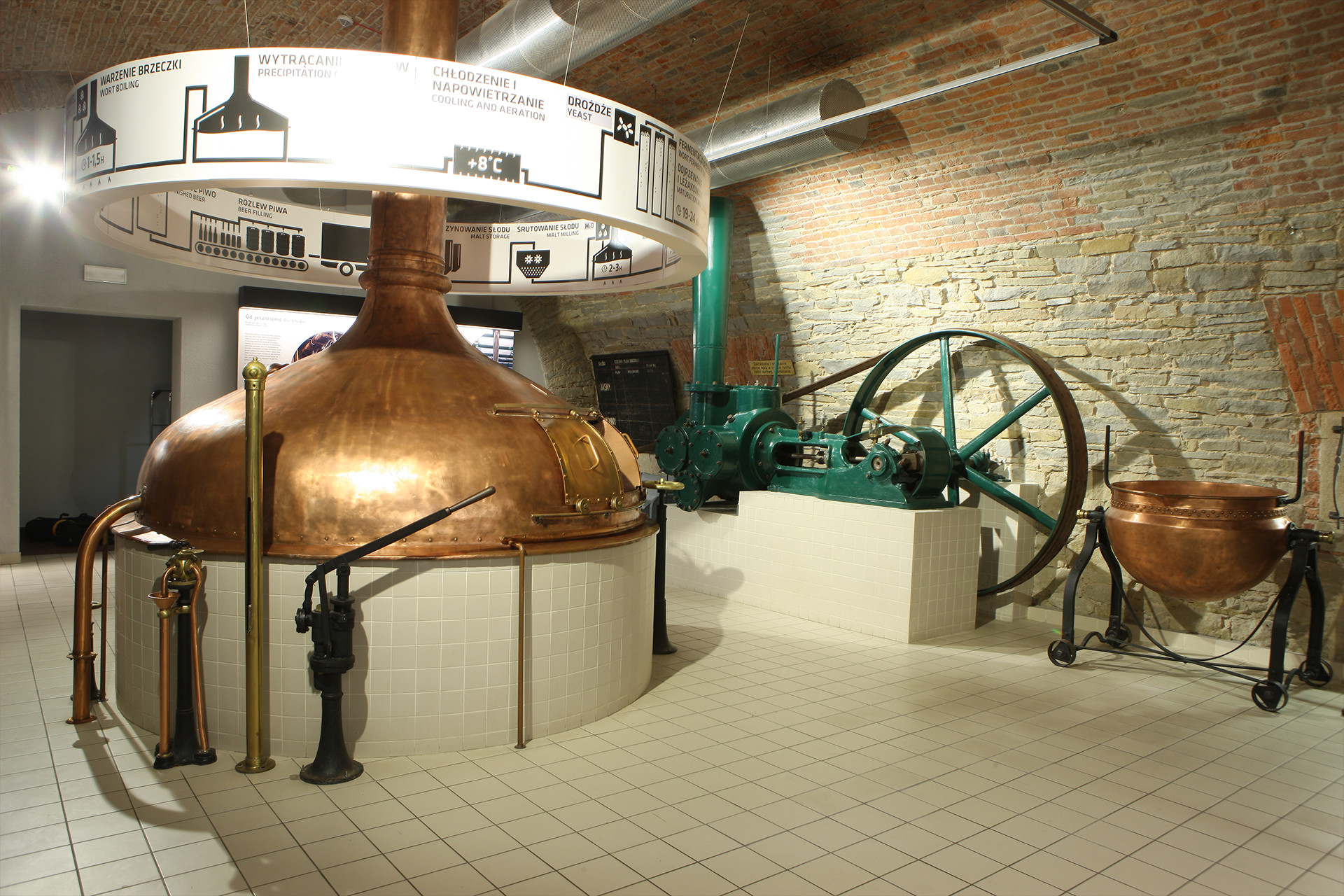
Kraków, also under Hapsburg rule, saw a number of breweries pop up under the patronage of the occupiers. In 1840, Browar Lubicz was built and has operated almost continuously until 2001, then being revived in 2015 as a micro-brewery. In Brzesko, 25km east of Tarnów, the Okocim brewery was founded in 1849 by a German, an Austro-Hungarian and a Polish nobleman, and has since become one of the countries best-known labels. Meanwhile in the Russian Partition, a brewery in Ciechanów was founded in 1864. This small brewery from a small town an hour north of Warsaw embodies the long, rich, troubled, tragic and ultimately triumphant story of Polish micro-brews, as 'Browar Ciechan' would take the limelight in the 21st century!
Despite the promising foundation of the brewing industry across Poland, a general decline in beer production was experienced from the 17th century onwards and would not truly recover until the early 21st century. Various wars and periods of economic instability, as well as an influx of imported beers, lead to vodka taking the lead due to its cheaper production rates. Gdańsk's once-thriving brewing industry was reduced to a mere 14 by the start of the 20th-Century. These were either driven out of business or bought-up by the Danziger Aktien Bierbrauerei (ENG: Gdańsk Brewery Corporation), in the Wrzeszcz district of Gdańsk, which local author Günter Grass fondly-described in his book 'The Tin Drum'. Following the end of WWII, the Polish communist party nationalised breweries across the country, which saw a noticeable decline in quality and drove Poles towards the more reliable bottle of Vodka. Even after communism ended in 1989, beer would remain a poor second in the hearts of Poles until the beginning of the 21st century.
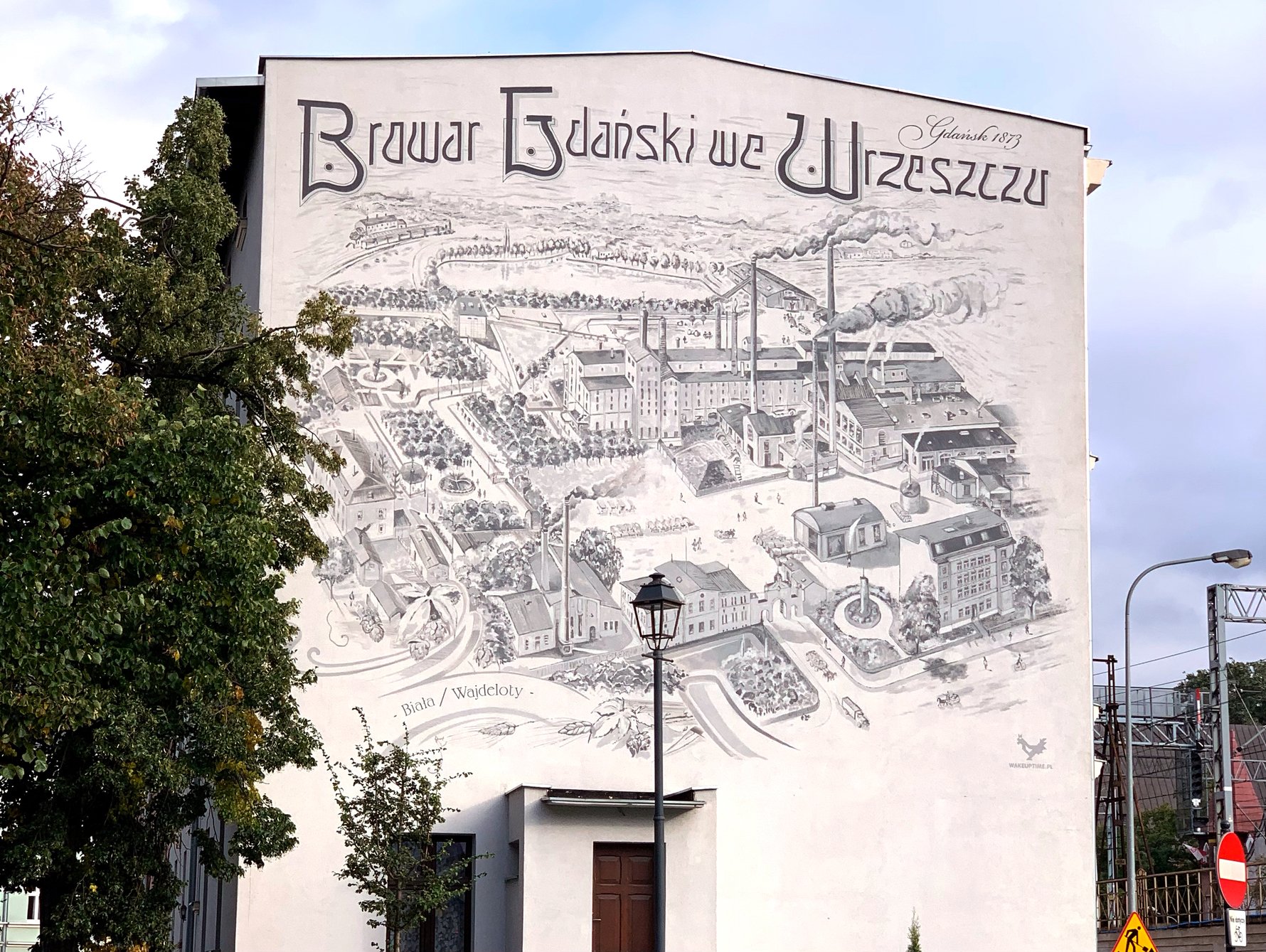
The Polish Beer Renaissance
The end of communism and the opening of a free-market gave Poland a fresh whiff of the possibilities that Western Europe enjoyed for the last 55 years. With free elections came a number of political parties campaigning for votes and, from god knows where, came the PPPP. While it's creation was largely tongue-in-cheek, the Polska Partia Przyjaciol Piwa (ENG: The Polish Friends of Beer Party) also had a half-serious agenda of reforming Polish society's view on alcohol and, essentially, pushed for a gentlemanly beer over the ruinous influence of vodka!
The PPPP was short-lived, but it was evident that elements of Polish society were open to a fresh start. In addition, many budding restauranteurs around the country saw an opportunity in revamping old venues and beer halls that had since fallen into misuse or dereliction. After all, there was now a western European market for tourism and many beer-fanning Poles knew they could compete. The first to take this step was CK Browar in Kraków, who opened their micro-brewery/restaurant/club, styled as an old Austrian fort, in 1996. To this day, their main claim to fame is being the only brewery in Poland that specialises in producing beer strictly according to an old Austro-Hungarian recipe.
According to surveys by the PARPA, even in the mid-90s Poles still favoured the consumption of spirits over beer. However, by 1999, beer consumption had overtaken spirits by a significant margin. The renaissance had finally begun!
In 2004, Warsaw's bohemian Praga district started blipping away on the micro-brewery radar, with W Oparach Absurdu and Po Drugiej Stronie Lustra being among the first to start making a name for themselves. This was followed by the first notable mass-produced craft beer range in Poland by Browar Ciechan in 2007, who had survived both world wars and communism.
Then it was Gdańsk's turn, with Brovarnia's grand opening in 2008. Other historic venues in the old town, such as the bierkeller Piwnica Rajców (ENG: The Counsellor's Cellar) were revamped to their former glory. Then came the new kids on the block, Ale Browar, who moved their brewery/street art operation from Lębork to Gdynia in 2012 and have since dominated all three of the tri-cities, plus Wrocław.
Read our article on Local Beer In Gdańsk.
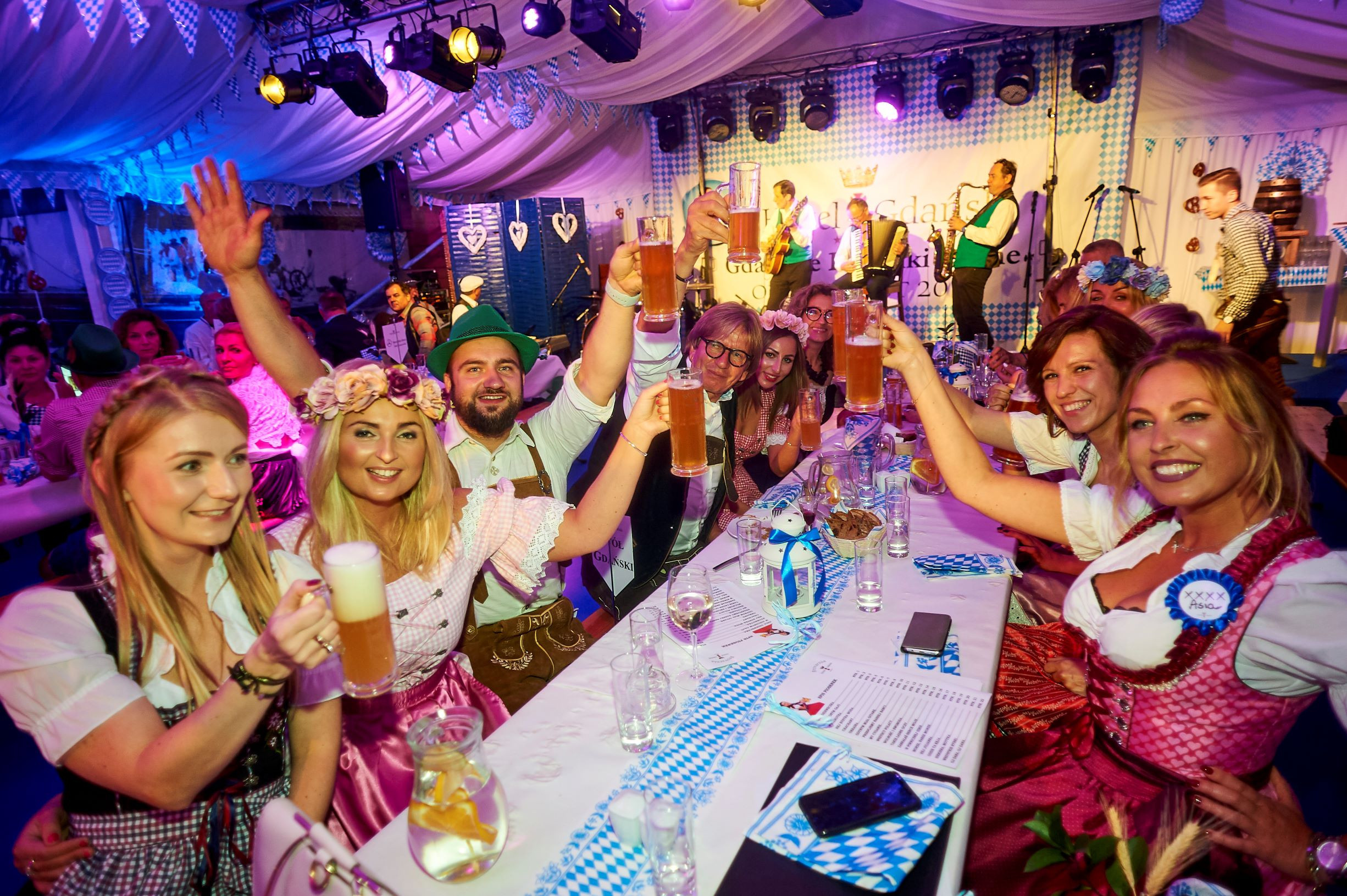
Speaking of Wrocław, it was about time for the renaissance to reignite the flame that once flickered there too! Probably the first notable wheeler-and-dealer was Doctor Brew, who set up their gadgets in 2010 and opened their flagship pub Doctor's Bar much later in 2016. However, it was Browar Stu Mostów, just out of the centre on the Warszawski Bridge, opened in 2012 that sent out ripples through the Polish industry and beyond! Coincidentally, we at In Your Pocket declared 2013 the 'Year of Beer' in Poland, and around that time Wrocław started being referred to as the 'Beer Capital of Poland'. In 2015, Browar Złoty Pies opened up on the market square as well as the Bierhalle franchise in 2017, showing that the local brewing industry had finally reached 'main street'.
Read our article on Craft Beer In Wrocław.
So perhaps your thinking of visiting Poland sometime soon or you're a beer-keen expat living in another city and want to dip your toe in another pond? We have listed our Top Pick of Places to Experience Beer around Poland.





Comments